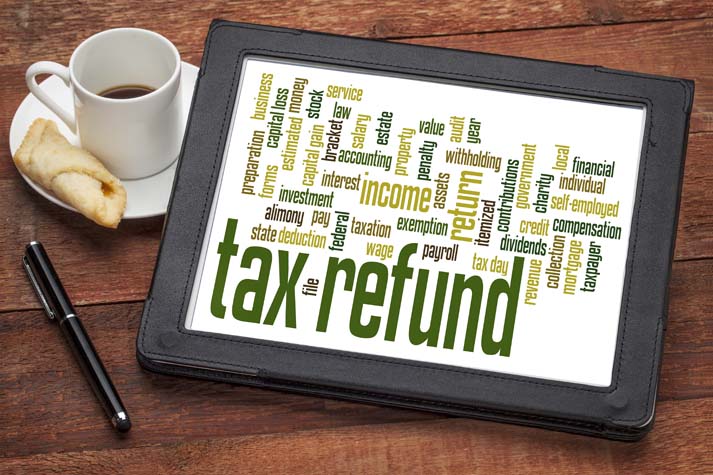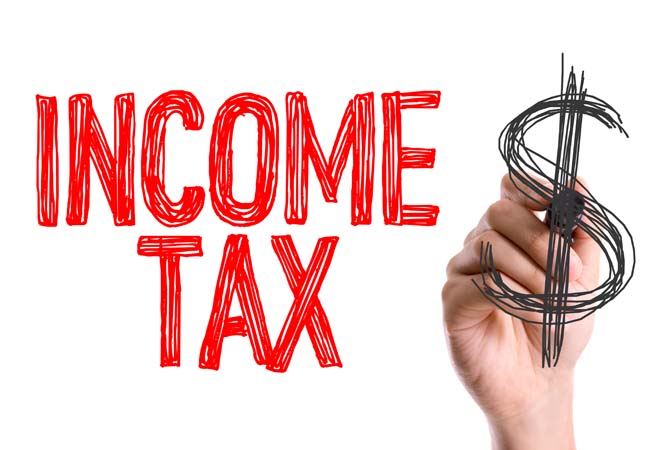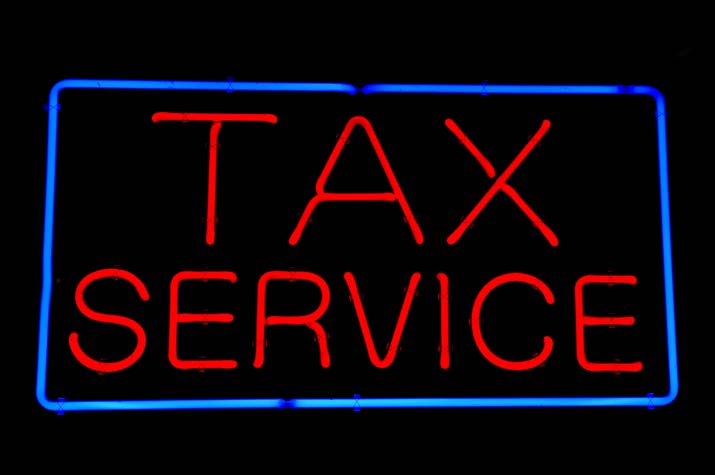Is online tax filing really free Kinston NC
Tax season is upon us again, but don't rush to the nearest tax preparer before doing your homework. If you want to ensure you're working with a trustworthy tax preparation company, it's a good idea to investigate their complaints and look up their history at bbb.org. Check licensure status through one of the states boards of accountancy of certified public accountants and The IRS Office of Enrollment for enrolled agents.
Don't fall for the "Ghost" preparation. As per the IRS, "a ghost preparer does not sign a tax return that they have prepared. Ghost preparers who aren't careful will print the return and ask that taxpayers to sign and send it to the IRS. For e-filed returns, the ghost will prepare but not sign digitally as the"paying preparer."



